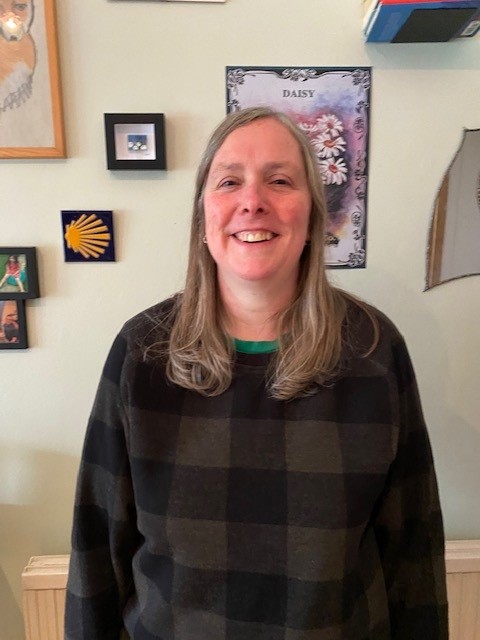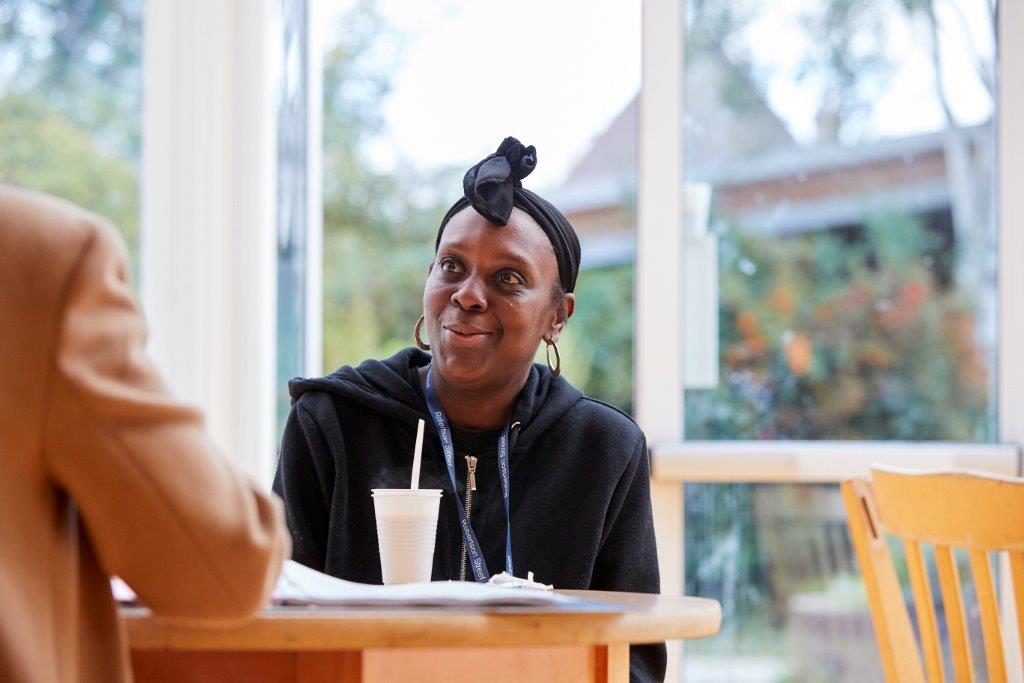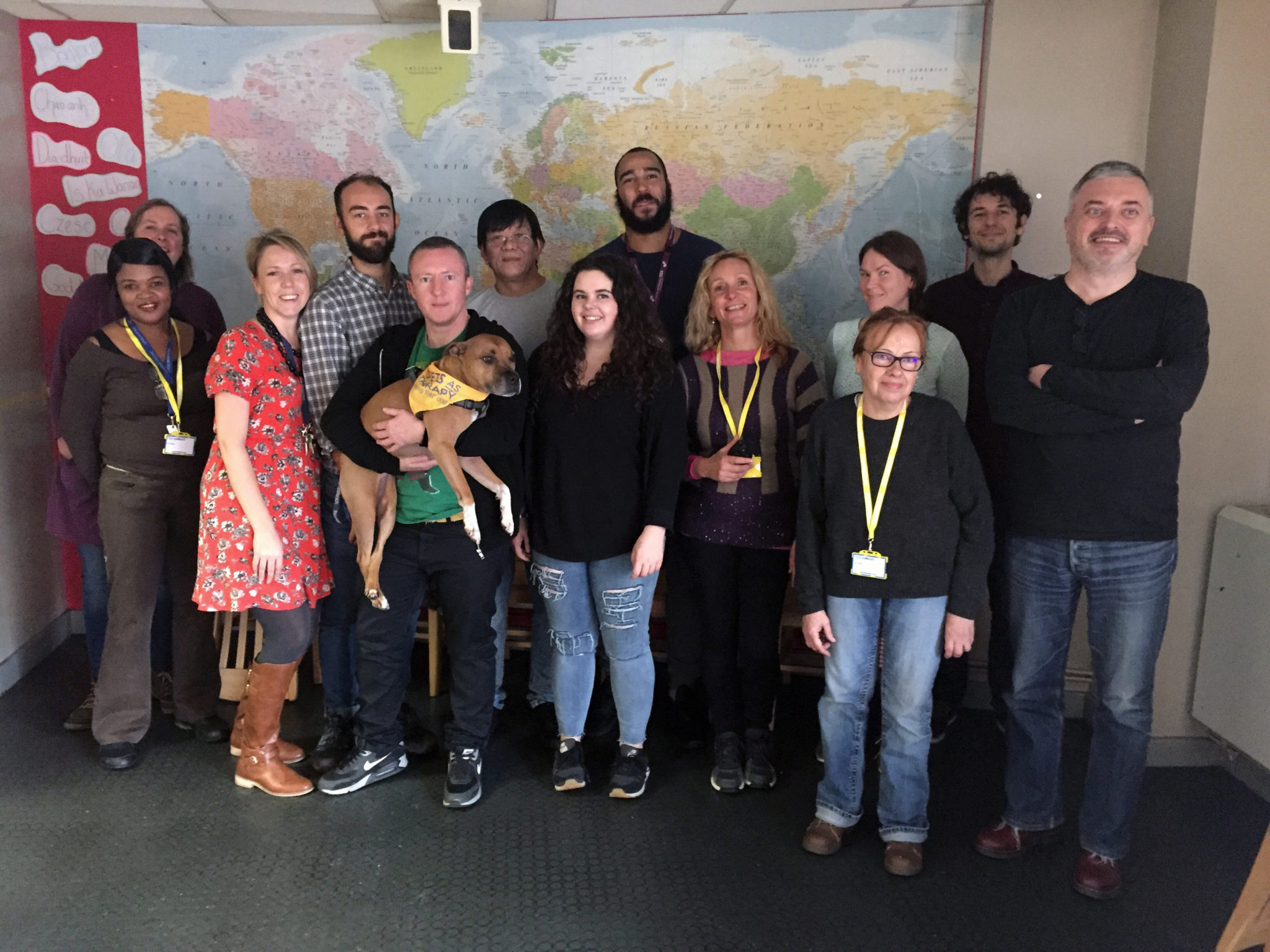Thames Reach respond to mental health needs in the local community
The need for specialised mental health support has never been higher; around 50% of people experiencing street homelessness also have mental health support needs. We spoke with Monica, programme manager at the Lambeth Living Well Network Alliance, about Thames Reach’s role in supporting good mental health and wellbeing in the community.

In the year 2020/21 almost half the people seen sleeping rough were assessed as having mental health support needs. This is a significant factor in helping people not only move on from street homelessness, but prevent episodes of sleeping rough in the first place. In response Thames Reach has teamed up with NHS mental health services, Lambeth council and other charitable organisations to improve the way these services work and to make sure that they are accessible to the people we work with.
Monica Geraghty, programme manager at the Lambeth Living Well Network Alliance, a service dedicated to mental health provisions in the borough, discusses its incredible work and how she looks after her own mental wellbeing.
“I have been working as part of the Lambeth Living Well Network Alliance (LWNA) for two years, and I am currently programme manager. The Alliance is a collaboration between five organisations: Certitude and Thames Reach (voluntary sector); NHS Lambeth Clinical Commissioning Group (CCG) – now part of South-East London CCG; South London & Maudsley NHS Foundation Trust (SLaM), and Lambeth Council. This collaboration brings together agencies from statutory and voluntary sector organisations who work together to provide smoother access to services and support for those who need it.
“Adapting to the pandemic has been a challenge but one that teams have executed well. Inpatients wards have had to redesign how they operate to manage COVID-positive cases. The Alliance Rehabilitation Team and the 3 Living Well Centres (LWC) have had to pull their resources together and adjust to remote working practices. A lot of hard work has gone into developing these changes, which has included people working outside the normal expectations of their roles to ensure services have always remained covered. During the first lockdown I was part of the LWC duty system which I wouldn’t normally have done which gave me a good insight to the work and pressures these teams face.
“From these experiences we have found that as an Alliance we are resourceful and adaptable; teams have been focused on how we can support our Lambeth service users and have instigated change at pace to ensure this can happen. The other big change is that everyone now knows how to use Microsoft teams – there is no escaping it!”



